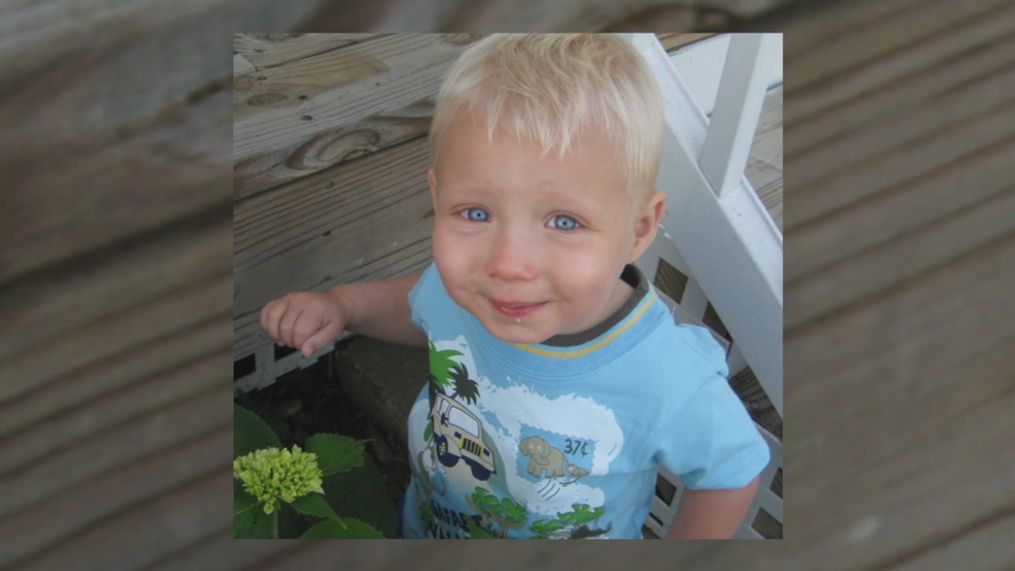Father of child who died in hot car wants Congress to pass 'Hot Cars Act'

PURCELLVILLE, Va. (WJLA) — Chase Harrison would be 12 now.
"His smile. He really had a good-natured way about him for a kid that came from an orphanage," his mother, Carol Harrison, said.
Chase was newly adopted from Russia. His father, Miles, wasn't used to the daycare drop-off routine. The family had just driven back from visiting Ohio.
"I was really, really tired," Miles Harrison said.
Harrison drove to work. Chase was quiet in the back seat.
"When my colleague came up to the door of my office and said: 'Hey, do you have a doll in your car?' Initially, it didn't click, and then there was that moment. 'Oh my God.' I remember seeing him through the window, and I opened the door and I was uncontrollable. I was walking around, 'Oh God, Oh God, Oh God,'" Harrison said.
Many who hear Harrison's story at first think: How could he? How could he live with himself? Before later being tried on manslaughter charges, Harrison wanted to kill himself.
"I still can't forgive myself. I can't forgive what I've done nor can I forgive the pain that I brought upon my wife," Miles said with Carol at his side.
A jury found him not guilty, his defense calling it a terrible accident. Now, Harrison walks the halls of Congress, pressing lawmakers to pass the "Hot Cars Act." It would mandate new alert systems that detect if a child is accidentally left in, or sneaks into, a hot car.
"My son would have been alive had technology that exists today, that's in our car now, been in the car that I drove July 8th, 2008," Harrison said before demonstrating his new Kia Telluride, an SUV equipped with the latest detection technology. "My son would still be alive. My wife would have her son."
The Harrisons faced parents who refuse their warnings. Carol explained, "He [another parent] said, 'because I'm a good parent.' So that tells you that people just don't think they can possibly ever do this."
Harrison is haunted by the "what ifs," knowing what needs to be done to keep children safe, but unable to do anything about the loss his family already suffered.
"I talk to him all the time. And one day, I'll see him, one day," Miles Harrison said.
In retaliation for U.S. sanctions against Russia, that country banned American adoptions of Russian children. The Russians named it the "Chase Harrison Act."
